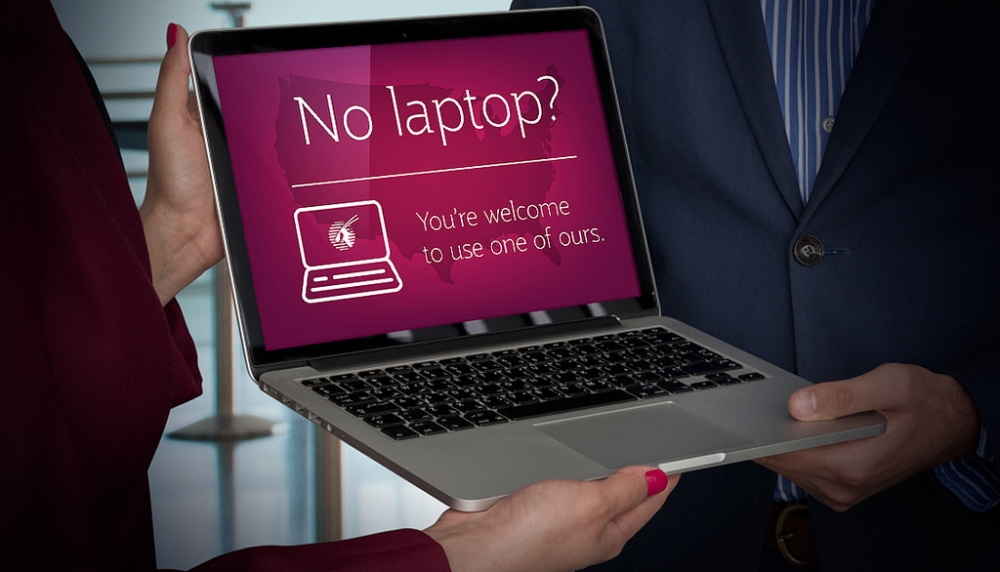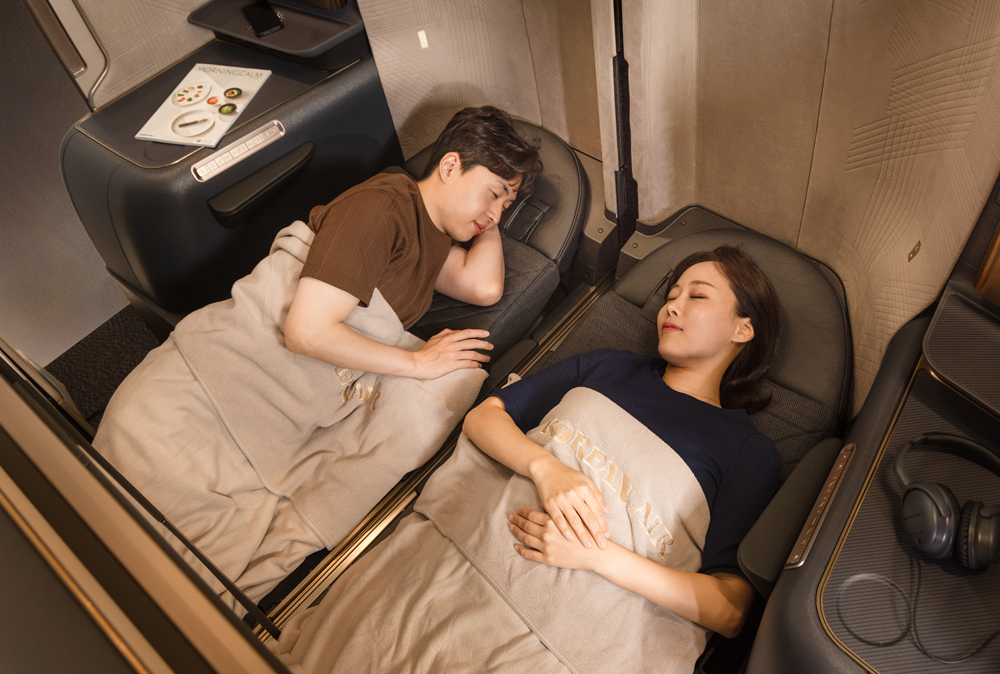Qatar offers loaner laptops on US flights
30 March, 2017
3 min read


Qatar Airways appears to have pipped rival Emirates at the post with an offer to loan passengers laptops on US-bound flights affected by the ban on large electronic devices in aircraft cabins.
The complimentary laptops will be available to business class passengers on US-bound flights and can be collected at the gate prior to boarding. Emirates has also been looking at providing customers with loaner laptops.
The airline said customers would be able to download their work to a USB drive prior to boarding and their prohibited electronic devices would be collected, securely packaged, tagged and delivered to them on arrival in the US.
“By providing this laptop loan service we can ensure that our passengers on flights to the US can continue to work whilst on-board,’’ Qatar chief executive Akbar Al Baker said.
All three Gulf airlines are now offering to secure laptops in the hold if passengers turn up with them at security checkpoints, although Abu Dhabi-based Etihad has urged passengers to pack them in checked luggage to avoid delays.
They are all also emphasising their on-board entertainment and connectivity.
Qatar said passengers had a choice of 3000 entertainment options and it was also offering US-bound passengers an hour of free wi-fi as well as a special wi-fi package of $US5 to stay connected throughout the flight.
Although passengers’ laptops, tablets, e-readers, cameras and even noise-cancelling headphones are banned as cabin baggage, smart phones are still allowed.
In addition to the three Gulf destinations, the US ban covers all direct flights to the US from Cairo, Egypt; Amman, Jordan; Kuwait City, Kuwait; Casablanca, Morocco; Riyadh and Jeddah in Saudi Arabia; Istanbul, Turkey.
Ironically, an Emirates service from Athens to the US is not affected.
The UK also banned devices from a number of destinations but did not include the Gulf States.
In a Bloomberg TV interview, Emirates president Tim Clark said it the airline would be watching the demand to US cities carefully but it would not be until next month until the airline would be able to tell whether the ban had affected traffic.
Asked about the connection between the ban and a campaign by US airlines against the gulf carriers, Clark said any move to cross over into the commercial world made no sense and he hoped that had not been the case.
“I believe that the United States had a clear and present threat presented to them and they reacted accordingly,’’ he said.
But he said if there was a threat, the ban should be applied to the airline industry universally because devices such as laptops could be carried on any airline or aircraft anywhere.
“So that should be looked at very carefully,’’ he said. “The notion that they should be confined indefinitely to these countries that are proscribed by the United States is a worry.’’
The International Air Transport Association has criticised the ban and urged the governments to rethink it.
Next Article
2 min read
Qantas triples profit but misses mark

Get the latest news and updates straight to your inbox
No spam, no hassle, no fuss, just airline news direct to you.
By joining our newsletter, you agree to our Privacy Policy
Find us on social media
Comments
No comments yet, be the first to write one.
